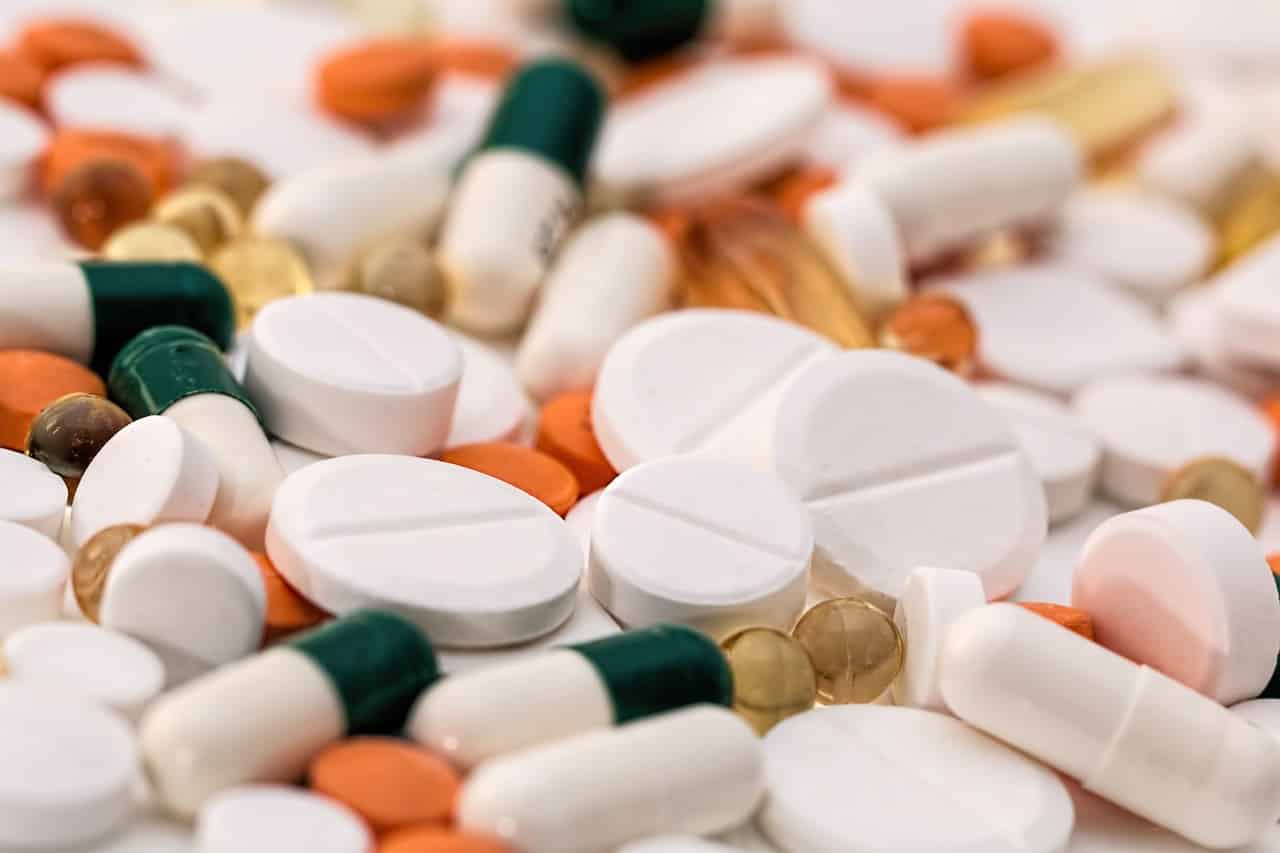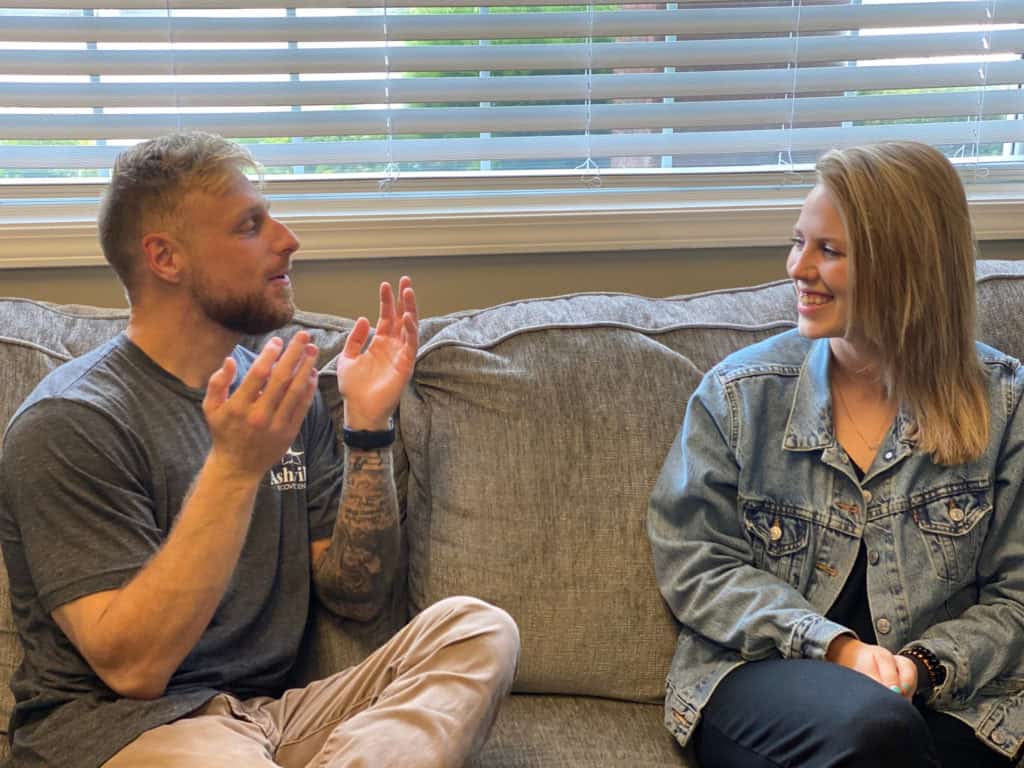
Opioid Addiction
Opioid addiction is currently the most deadly substance addiction plaguing the nation. The opioid epidemic has ravaged the United States since the 1990s and overdose fatalities continue to grow. According to the National Institute on Drug Abuse, approximately 128 people die every day due to opioid overdose.
Opioid addiction is a sinister disease. Many addictions begin with prescribed pain relievers after an injury or post-surgery. Other common means of dependence and addiction include, but are not limited to, personal struggles, environment, or a genetic predisposition to addiction.
There are several commonly prescribed opioids available today. They include:
- Codeine
- Fentanyl
- Methadone
- Morphine
- Oxycodone

Opioids can be divided into three categories: natural, semi-synthetic, and fully-synthetic. Natural opioids are compounds that are not chemically altered and also go by the name “opiates”. These include morphine, codeine, and thebaine. Semi-synthetic opioids are natural compounds that are then chemically altered to create the desired drug effect. These include hydrocodone, oxycodone(Oxycontin), hydromorphone, and heroin. Fully-synthetic opioids are completely man made and not derived from any natural source. These include fentanyl, methadone, and tramadol, among others.
Despite the difference in synthesis, all opioids affect the brain in a similar manner. When ingested, the brain’s receptors are stimulated and dopamine is released into the bloodstream. This generates a feeling of euphoria for the user. After regular use, the brain will eventually grow unable to naturally produce dopamine without the use of opioids, and so begins the dependency that often leads to addiction.
The Opioid High
Opioids may be taken orally in pill form, snorted, or injected (common with heroin). The use of an opioid results in a high in which the user experiences:
- Sense of euphoria
- Numbness
- Dry Mouth
- Falling in and out of consciousness
- Warm, flushed skin
- Extremities feel heavy
- Shallow breathing
- Nausea
- Itching
Signs of Opioid Abuse
There are many indicators of opioid abuse. These drugs affect individual’s mental, emotional, and physical state. Signs of abuse include:
- Liver disease
- Depression
- Skin disease at injection sites
- Cardiac depression
- Infections of the heart valves and lining
- HIV or Hepatitis B and C
- Chronic pneumonia
- Collapsed veins
- Blood clots
- Kidney disease
- Respiratory depression
- Seizures
- Overdose
- Death
Opioid Addiction Treatment
Opioids are extremely addictive and abuse can be fatal; therefore, it is extremely important to seek help immediately if you or a loved one is struggling with this addiction. At Asheville Recovery Center, treatment specialists utilize a 12-step program and practice holistic rehabilitation.
Services at the center include:
Partial Hospitalization Program – At Asheville Recovery Center we offer a partial hospitalization program for clients who need post-residential treatment as well as for clients who need primary treatment but are unable to enroll in inpatient programs. Our PHP track offers a variety of therapeutic services and benefits to individuals in early recovery from substance addiction. Our day program is full-time, offering all of the clinical hours provided in residential treatment (from 9 am to 5 pm) with the benefit of allowing clients to return home to a structured sober living environment at night. This gives individuals the opportunity to build a community of peers and practice life skills, such as cooking, cleaning, and self-care, while still participating in immersive and intensive clinical addiction and trauma treatment.
Outpatient Rehabilitation – During intensive outpatient treatment, clients live at home or in a sober living residence which can help keep them accountable for their recovery commitment. Our staff coordinates with local, reputable sober living homes to ensure that our clients are living in a safe place and that their needs are being met, even when they are not at clinical sessions. During this time, clients are also encouraged to become involved in local twelve-step fellowships, to find sponsors, and to begin working the steps of recovery through participation in these groups. IOP is a place where clients can process their experiences in twelve-step fellowships and support one another in those individual journeys.
Addiction is difficult to overcome alone. If you feel that you or a loved one is struggling with opioid abuse, our specialists are on standby and ready to help. Call (828)518-6996 and speak with an addiction expert today.
ARC Request a Confidential Callback
"*" indicates required fields


